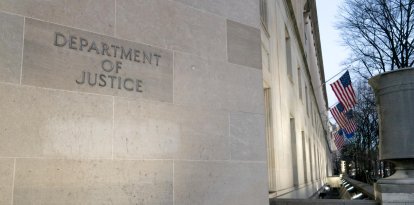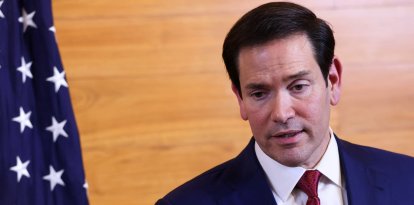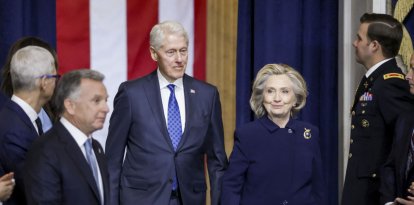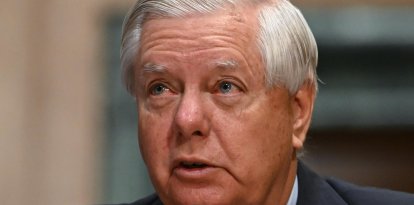Arizona Supreme Court authorizes voters to decide on approving abortion up to 24 weeks
With the disposition, the state's 'Abortion Access Act' will be on the November ballot as Proposition 139.
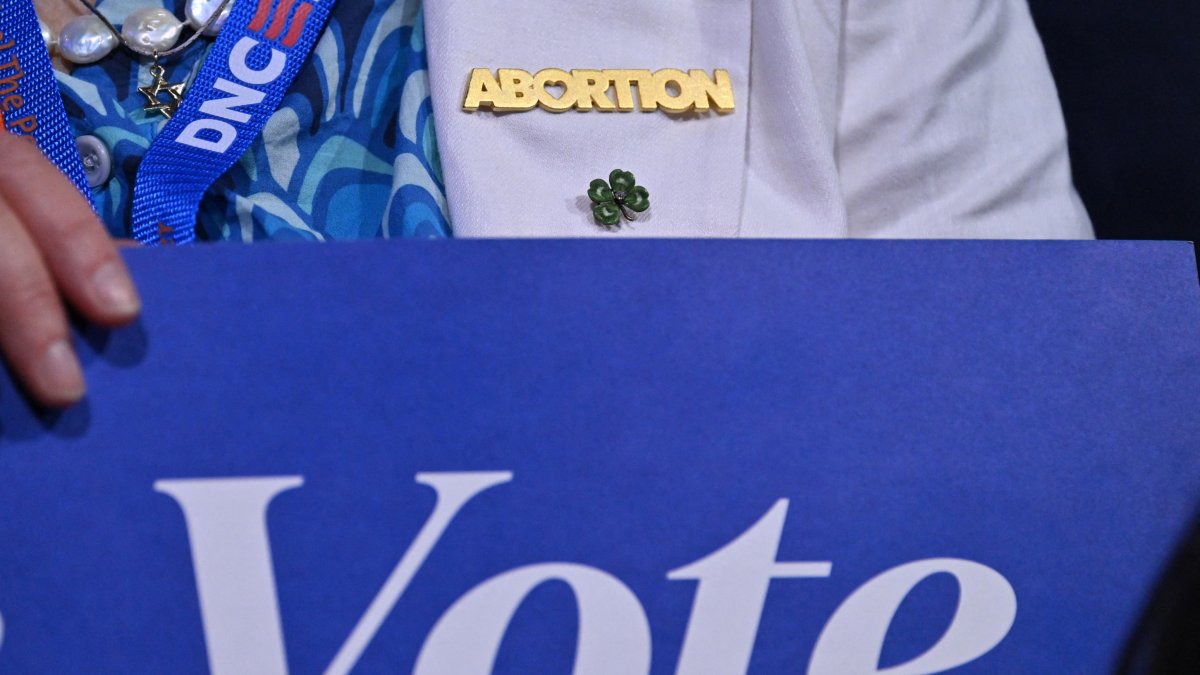
An attendee wears an 'Abortion' pin on the first day of DNC 2024
Arizona citizens will vote in November on a controversial measure that would allow abortion up to 24 weeks in the state constitution in the event that voters opt for the "yes" option.
In a ruling Tuesday, the Arizona Supreme Court ruled that the 200-word summary used by a pro-abortion organization to collect signatures in support of controversial Proposition 139 is valid, allowing voters to decide on what they consider a constitutional right to abortion.
If the measure wins, abortions in Arizona would be allowed until an embryo or fetus could survive outside the womb, i.e., around 24 weeks.
According to AP, the high court's decision comes after Thursday's deadline for printing ballots.
Arizona Right to Life, the Pro-Life Organization that sued the Proposition 139 campaign led by Arizona for Abortion Access, argued that the petition summary used by the abortion organization was misleading and thus the measure could not be put on the November ballot.
However, the Arizona Supreme Court refuted Arizona Right to Life's claim that the petition summary misrepresented the basic idea of the ballot initiative by not mentioning that it would overturn existing abortion laws.
"A reasonable person would necessarily understand that existing laws that fail the prescribed tests would be invalid rather than continue in effect," wrote Chief Justice Ann Scott Timmer on behalf of the unanimous court.
Arizona for Abortion Access celebrated the measure with a statement on X.
WE WON AGAIN! Next up: November😎 pic.twitter.com/NyxME1VSxt
— Arizona for Abortion Access (@azforaccess) August 21, 2024
Should the measure pass, it would overturn existing laws allowing abortion up to the 15th week of pregnancy.
Timmer highlighted that Tuesday's ruling by the high court has no bearing on the justices' views on the substantive issues regarding late-term abortion and is simply limited to the legal question of whether or not Proposition 139 can be put to a vote.
"Our resolution of this appeal does not rest on the justices’ morals or public policy views regarding abortion (...) Rather, our task is to apply the law governing initiative descriptions fairly and impartially in the context of the people’s exercise of the legislative power through the initiative."

















